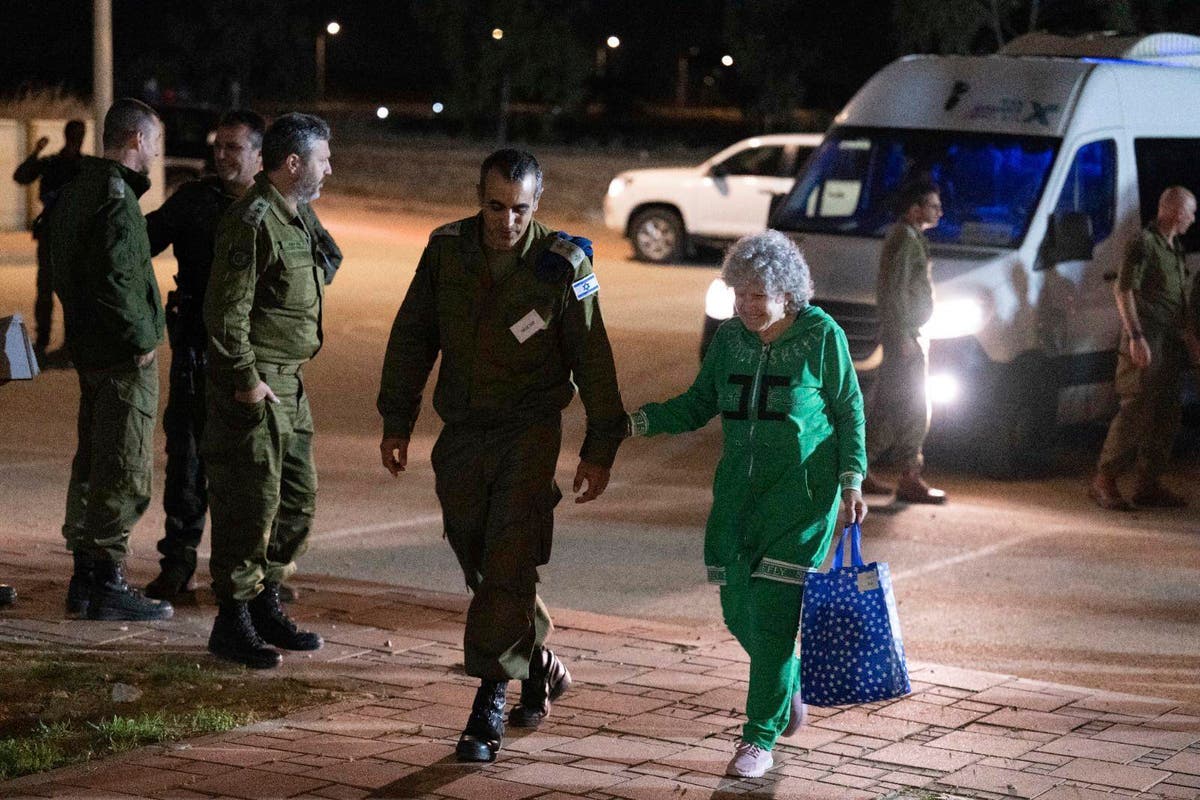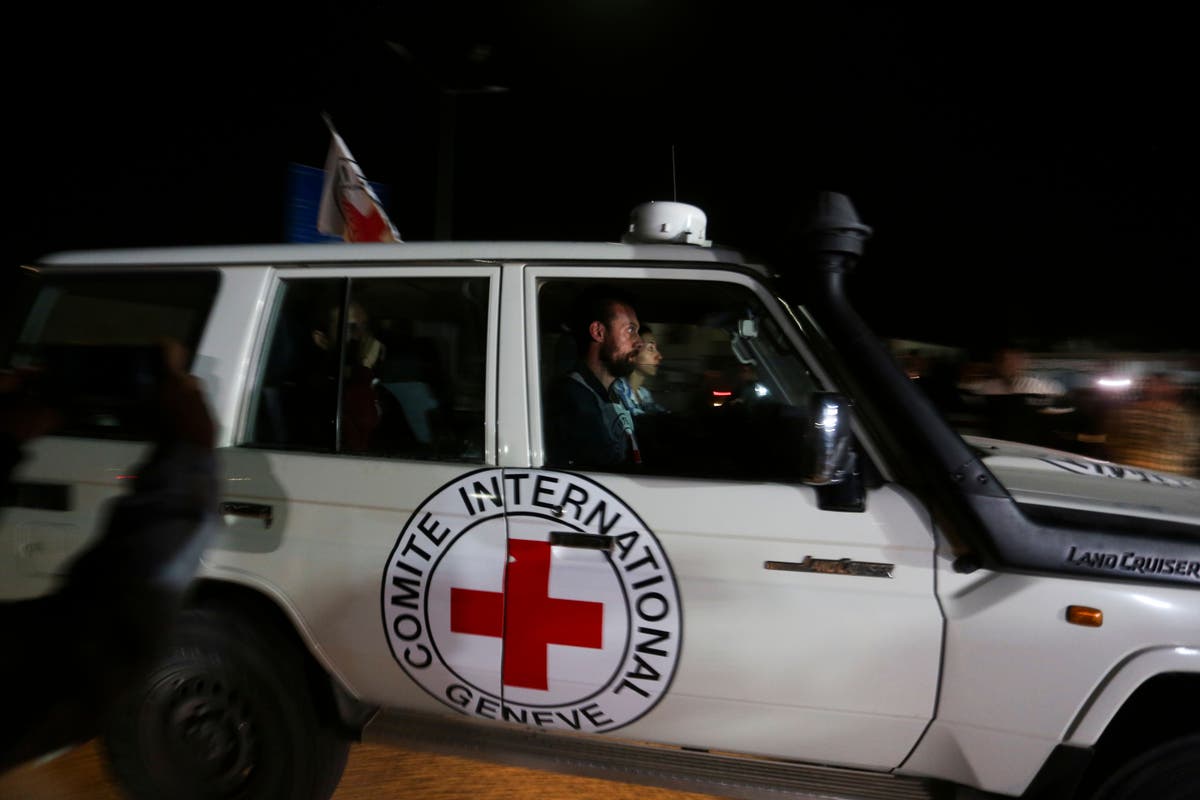Theguardian
Aid agencies welcome extension of Gaza truce but fear its end
A.Williams3 months ago
Aid agencies have welcomed the two-day extension of the truce in Gaza but voiced concern that the anticipated resumption of Israel’s attack on Hamas would lead to an even deeper humanitarian crisis among Palestinians. Save the Children said it would try to continue to provide what it described as basic relief aid – bottled water, food and essential medicines – some of which it had been able to help deliver during the first four days of the truce. “We welcome the two-day extension. It shows what can be done, but we hugely fear what comes next if fighting restarts,” said James Deneslow, the head of the British charity’s conflict team. A particular concern, Deneslow added, was the impact on people in the crowded south of the strip, where it is estimated by Israel and aid agencies that around 2 million people are now living around Khan Younis and elsewhere. Many fled south after Israel demanded they evacuate the northern area around Gaza City last month. Israel’s political leaders and military have repeatedly signalled they intended to resume attacking Gaza whenever the truce expires. Its terms mean it can be extended for a day for every 10 further hostages released by Hamas. The next step of Israel’s attack on Gaza is expected to involve both an attempt to eliminate Hamas’s remaining fighting force in the north and to root it out from Khan Younis, where it believes the group’s leadership is based, despite the large numbers of civilians present. Sources close to the Israel Defence Forces current leadership indicated on Monday that they believed the most likely approach would be to try to demand local evacuations of the population on a village or district basis before attacking. Analysts believe the next phase of the war could last a couple of months or more once fighting restarts. A high proportion of buildings – on some estimates up to 50% – have been seriously damaged in northern Gaza, after an intense air bombardment and ground assault. Khan Younis has also been bombed, but to a lesser extent, and the US has told Israel that it expects to see its military take a different approach in future. Deneslow said that “the issue is where will Gaza’s people go” in any southern offensive and added “there is sensitivity about population displacement”. There is a fear among aid organisations that the Palestinian population could eventually be forced from the Strip into Egypt amid critical shortages of water, food and other necessities, he added. Mike Noyes, humanitarian lead with ActionAid UK, said that while the organisation had been able to deliver some aid during the truce, including hot food for people sheltering in the south, it had not been able to deliver fuel to the al-Awda hospital in the north of Gaza that it works with. It was also difficult to operate logistics effectively when operating over short timeframes such as a day or two, the aid agency said. “You can’t plan these things on a day-by-day basis, which is why we’ve been calling for a proper ceasefire,” Noyes said. UN relief agency UNRWA said on Monday that “small amounts of cooking gas” had been delivered into Gaza over the past three days, for the first time since the start of the conflict. It said the amounts provided were “well short of the needs” of the population. Hamas’s bloody surprise attack on 7 October killed 1,200 Israelis. Israel’s military response has led to the deaths of more than 14,800 Palestinians, according to Gaza’s health ministry, and about 73% are women and children.
Read the full article:https://www.theguardian.com/world/2023/nov/27/aid-agencies-welcome-extension-of-gaza-truce-but-fear-its-end
0 Comments
0








:quality(70)/cloudfront-us-east-1.images.arcpublishing.com/cmg/AECDTF5FVTJGZ7N3K6G3L335H4.jpg)
:quality(70)/cloudfront-us-east-1.images.arcpublishing.com/cmg/AECDTF5FVTJGZ7N3K6G3L335H4.jpg)









